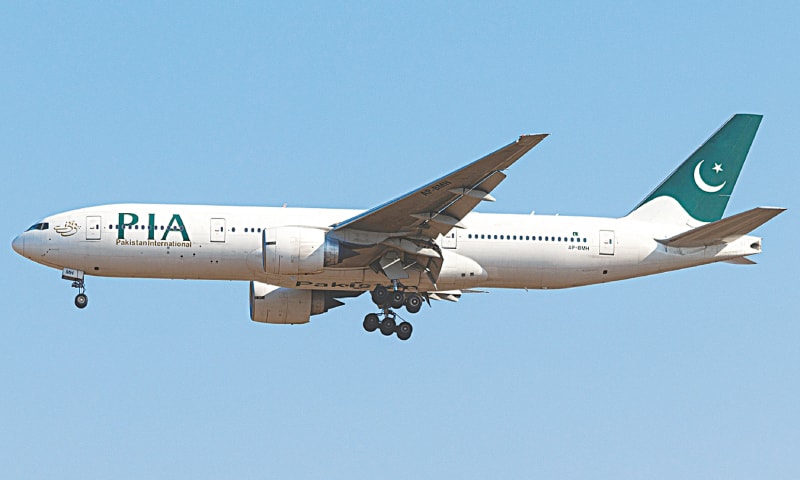PTBP Web Desk
The federal government of Pakistan has once again adjusted the prices of essential fuels, impacting the daily lives and economic activities of millions. This latest adjustment marks the third consecutive price increase within the month of January 2025, signaling ongoing adjustments in line with global oil market trends and domestic economic policies.
The price of petrol, which is integral to the transportation sector, has seen an incremental hike. As per the official notification, the cost of petrol has been raised by Rs 1 per litre, setting the new price at Rs 257.13 per litre. This adjustment follows previous increases that saw petrol prices rise by 56 paisas on January 1st, bringing the price to Rs 252.66 per litre, and by another Rs 3.47 on January 16th, setting it at Rs 256.13 per litre. These consistent increments reflect a pattern of periodic adjustments to cope with the fluctuating costs influenced by international oil prices and local taxation policies.
Similarly, high-speed diesel has experienced a more significant increase, with a jump of Rs 7 per litre, taking the new price to Rs 267.95 per litre. This hike is part of a series of increases this month, with diesel prices previously going up by Rs 2.96 on January 1st to Rs 258.34 per litre and by Rs 2.61 on January 16th to Rs 260.95 per litre. Diesel, being vital for both commercial and agricultural sectors, this rise could have ripple effects across various industries, particularly affecting transportation and farming costs.
The consecutive price hikes in fuel have a direct bearing on the cost of living in Pakistan. With each increase, the cost of transportation escalates, which in turn influences the price of goods and services across the board. This is particularly challenging for the average consumer, whose disposable income is stretched thin amidst rising inflation rates. Moreover, for businesses, especially those dependent on diesel, like logistics and agriculture, the price surge translates into higher operational costs, which might lead to increased prices for consumers or reduced profit margins for businesses.
Government’s decision to increase fuel prices might be influenced by multiple factors, including the need to align domestic prices with global oil rates, manage fiscal deficits, and comply with international financial obligations like those set by the IMF. These adjustments are often part of broader economic strategies aimed at stabilizing the national economy, though they are generally unpopular among the populace due to their immediate impact on daily expenses.
There has been a mixed reaction from the public and economic analysts regarding these price hikes. While some understand the necessity due to global market conditions, others are critical of the timing and frequency of these increases. In response, there’s a growing interest in alternative fuels and energy sources, such as CNG, electric vehicles, or even solar-powered solutions for transport and industry, although the infrastructure for such alternatives remains underdeveloped in Pakistan.
Repeated adjustment in fuel prices underscores the volatility of the energy sector in Pakistan. Consumers and businesses are advised to monitor these trends closely, possibly planning for cost adjustments or seeking more sustainable energy options. The government, on its part, might consider implementing measures to cushion the impact on vulnerable sectors or explore subsidies and tax relief where feasible.




